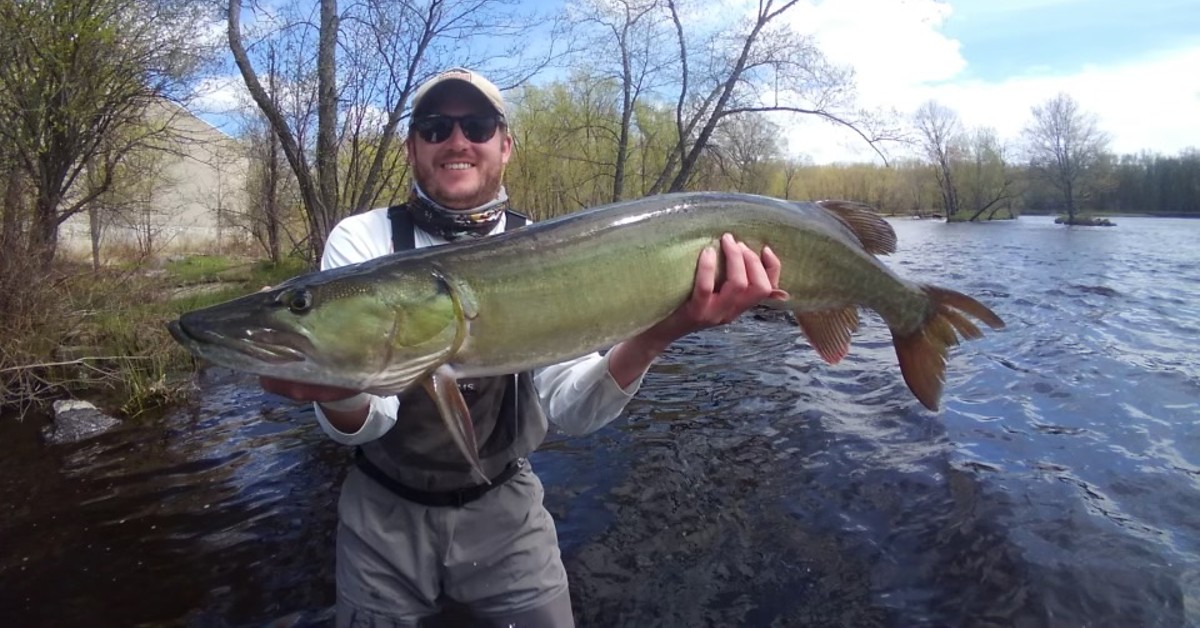Most people don’t immediately know they’ve had a great customer service experience with Ben Jensen.
That’s because they rarely remember the time spent with him.
“Which means we did a good job,” Jensen says with a laugh.
Dr. Ben Jensen is a cardiothoracic anesthesiologist with BayCare Clinic Anesthesia. His customers are patients that are mostly in final preparations for a surgical procedure. He specializes in perioperative (pre-surgery) care, develops anesthetic care plans and oversees the administration of anesthetics to help ease the pain and distress that might otherwise accompany surgery.
Given the effects of sedation medicine, Jensen isn’t disappointed that patients often don’t remember the conversations, the assurances, the hand-holding or the expert anesthetic care he provided them before their surgical procedure. Instead, he is fulfilled simply by serving his patients.
“There’s a lot of internal satisfaction,” says Jensen, who grew up in Rapid City, South Dakota. “When you have a patient that has a history of horrible post-operative nausea and vomiting and you pay enough attention and do the right thing to make it so that doesn’t happen, I mean, people care about that. They may not remember your name or really anything about you, but they’re much happier that day.”
The role of an anesthesiologist
Anesthesiologists focus on safe surgical conditions and patient comfort during recovery. They remain with the patient for the duration of surgery, monitoring vitals such as heart rate, blood pressure, respiration and level of awareness under sedation. The anesthesiologist makes changes as needed to reduce the likelihood of problems that could arise during a patient’s surgery.
“My main two jobs are making sure they’re safe and making sure they’re comfortable,” Jensen says of his patients.
Looking back on his career path, medicine always seemed to be a possibility, he says.
“Growing up, I was always a math-and-science kind of kid and so I went to college with sort of an open mind to getting into chemistry and biology and wasn’t quite sure where that would lead,” he says. “I always had medicine somewhere in the back of my mind but wasn’t necessarily set on it.”
His journey to cardiothoracic anesthesiology could easily have taken a different turn.
“Like, I still could have been a marine biologist at that point,” he says. “I was just kind of seeing what was out there, you know?”
That is, until family friends and acquaintances, including an orthopedic surgeon, a general surgeon and an emergency medicine physician, gave him individual behind-the-scenes peeks into the world of medicine.
“The whole perioperative setting was cool to someone who knew nothing about it,” he says of those early experiences.
